 Back to all articles
Back to all articles
Datasets are the foundation of insights. Whether you’re a researcher, data scientist, or simply curious about exploring a particular topic, having access to relevant and high-quality datasets is crucial. By leveraging datasets, you can:
At Setronica, we frequently receive client inquiries about where to find ready-made databases for various tasks. We’ve already made a whole research on Kaggle and explained how to use its resources effectively. As this topic is gaining popularity, we decided to investigate and identify other key players in the market.
As a result, we’ve compiled a comprehensive list of trusted sources where you can find a diverse range of free datasets tailored to your project’s needs.
Kaggle, a subsidiary of Google, is a renowned platform that hosts over 273,000 datasets and competitions for data scientists and machine learning enthusiasts. With a vibrant community and a user-friendly interface, Kaggle offers a vast collection of datasets spanning various domains, including computer vision, natural language processing, time series analysis, and more.
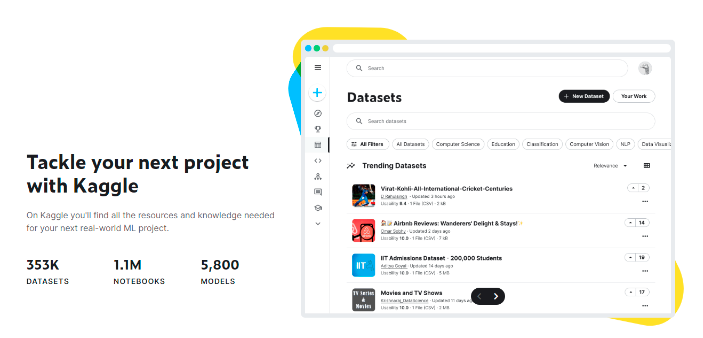
Create an account and explore the “Datasets” section. You can search for specific topics, browse through popular datasets, or dive into curated collections based on your interests. Each dataset is accompanied by detailed descriptions, metadata, and often includes sample code or notebooks to help you get started.
DrivenData is a platform dedicated to solving real-world challenges through data science competitions. While the primary focus is on hosting competitions, DrivenData also provides access to a diverse range of datasets used in these challenges. These datasets are often sourced from non-profit organizations, government agencies, and research institutions, offering you the opportunity to work on socially impactful projects.
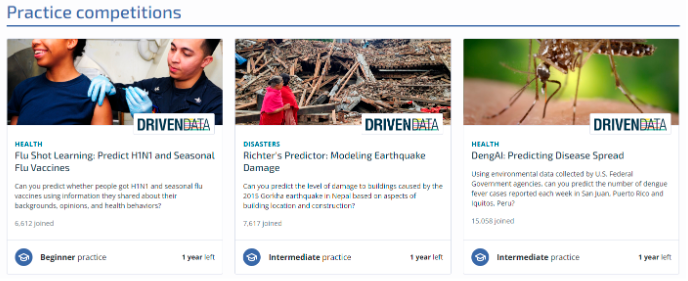
Navigate to the “Competitions” section and explore the datasets associated with completed challenges. Each dataset is accompanied by a detailed description, providing insights into its potential applications and relevance.
Codalab is an open-source platform designed to facilitate collaborative research and competition hosting. Its primary purpose is to streamline the process of running machine learning competitions, plus, it also serves as a repository for datasets used in these competitions. Codalab is particularly popular in academic circles due to its flexibility and support for collaborative research projects.
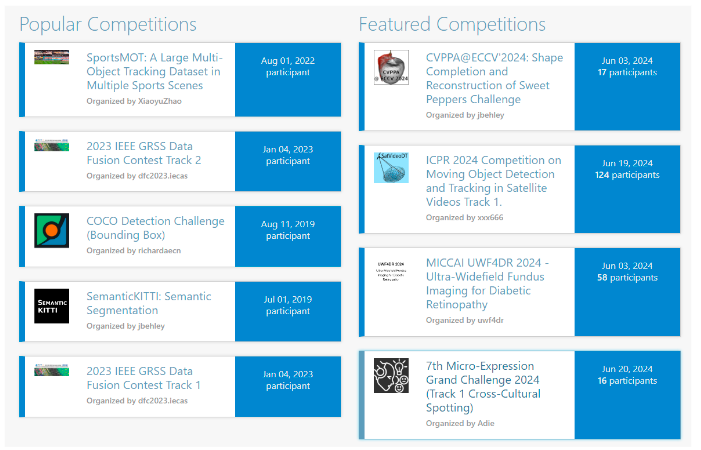
Browse through the “Search Competitions” section and explore the datasets associated with past or ongoing challenges. Additionally, Codalab offers a dedicated “Datasets” section where you can search for and download datasets directly.
Zindi is an Africa-based platform that hosts data science competitions and provides access to datasets related to various domains, including healthcare, agriculture, finance, and more. By participating in Zindi’s challenges, you gain access to unique datasets that tackle real-world problems specific to the African continent.
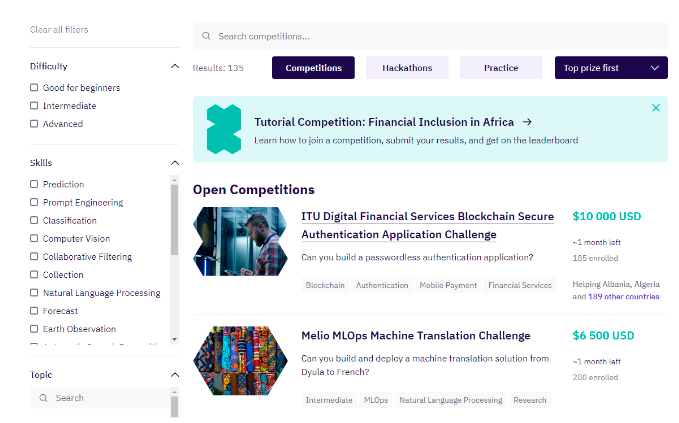
Browse through the “Compete” section and explore the datasets associated with past or ongoing challenges. Each dataset is accompanied by a detailed problem statement, providing valuable context and insights into potential applications.
AIcrowd hosts a variety of AI and machine learning challenges, offering datasets that span multiple domains. The platform provides a collaborative environment for data scientists to solve complex problems, from natural language processing to computer vision. AIcrowd also supports academic research and industry collaborations, making it a versatile platform for various stakeholders.
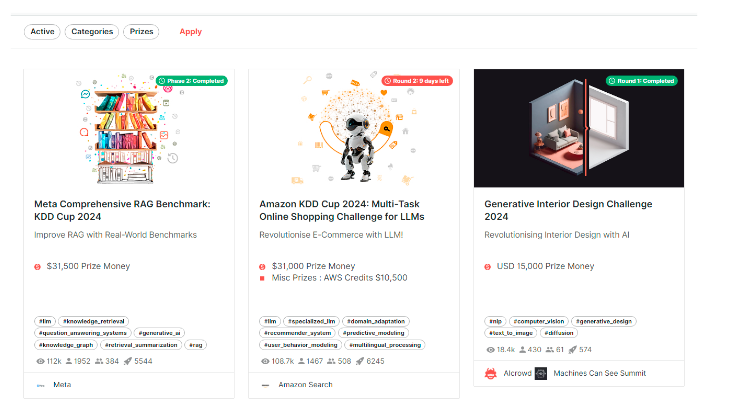
Navigate to the “Challenges” section and browse through the available options. You can filter datasets based on domains, tasks, or specific competitions, making it easier to find datasets that align with your project’s requirements.
Numerai is a unique platform that combines machine learning and cryptocurrency to prompt data scientists to develop predictive models. Unlike other platforms, Numerai anonymizes its datasets to prevent bias and ensure the integrity of the competition. This makes it a fascinating platform for those interested in finance and machine learning.
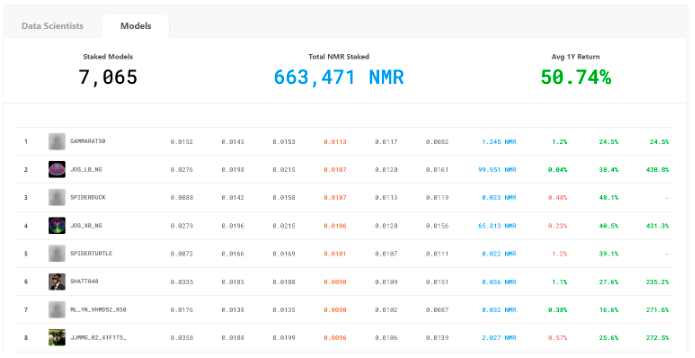
Create an account and participate in their weekly tournaments. The datasets are provided as part of the tournament process, offering you the opportunity to hone your skills in financial data analysis and modeling.
The Canadian Institute for Advanced Research (CIFAR) is a renowned research institute that has contributed significantly to the field of machine learning and computer vision. Among their contributions are the CIFAR-10 and CIFAR-100 datasets, which have become widely used benchmarks for image classification tasks.
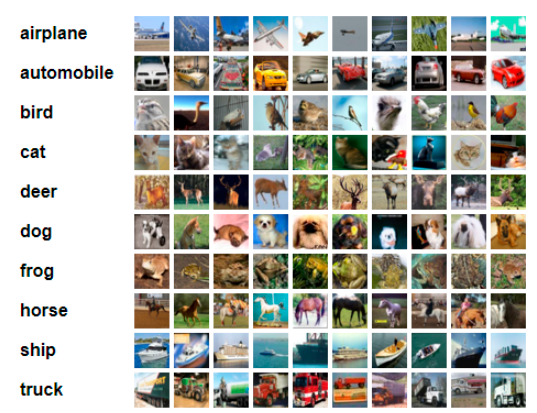
Visit the CIFAR dataset page. The dataset is available for download in multiple formats suitable for various programming environments:
ImageNet is a large-scale database of annotated images, widely used in computer vision research and as a benchmark for image classification and object detection tasks. Developed by researchers at Stanford University and Princeton University, ImageNet contains over 14 million images across more than 20,000 categories.
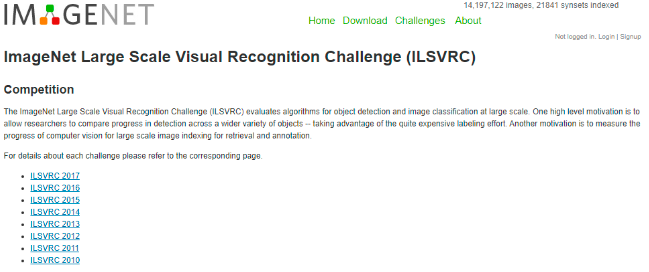
While the full ImageNet dataset is not publicly available due to licensing restrictions, a subset called ImageNet Large Scale Visual Recognition Challenge (ILSVRC) is provided annually for the ImageNet challenge. You can go to the website and click “Download” to get the subset. It consists of over one million images across 1,000 categories and can be accessed through the ImageNet website.
Google AI Challenges offer datasets and competitions that leverage Google’s vast resources and expertise. These challenges provide opportunities to work with cutting-edge data and tools, such as TensorFlow and Google Cloud. Participants can tackle problems in areas like natural language understanding, image recognition, and healthcare.
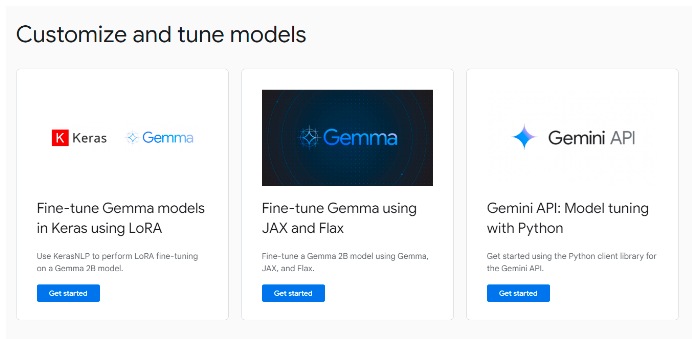
Visit the platform’s website and explore the “Build” section. You’ll find a diverse range of AI stack options, including popular Vertex and Gemini, as well as datasets specific to certain challenges or research areas.
Free datasets can be a goldmine for research, analysis, and innovation. However, to maximize their potential and ensure robust outcomes, it’s crucial to adhere to best practices. Here are some tips to help you navigate the process effectively:
Choosing the right dataset is crucial for the success of any data science project. The platforms mentioned above provide an extensive array of high-quality, ready-made datasets designed to jumpstart your initiatives. Each platform boasts unique strengths, catering to various domains and addressing diverse data science challenges.
By tapping into these resources, you can discover the ideal datasets to propel your project forward. Whether your goal is to tackle global issues or streamline business processes, these platforms offer a wealth of data to support and enhance your efforts.
You can find raw data for statistics projects on websites like Kaggle, Data.gov, and UCI Machine Learning Repository. These platforms offer a wide range of datasets suitable for various statistical analyses.
You can get datasets for machine learning from platforms such as Kaggle, UCI Machine Learning Repository, and Google Dataset Search. These sources provide a vast array of datasets for different machine learning tasks.
To download data from a dataset, visit the dataset’s source website (like Kaggle, UCI, or Data.gov), navigate to the desired dataset, and look for the download button or link. Often, you may need to create an account and agree to the terms of use before downloading.


